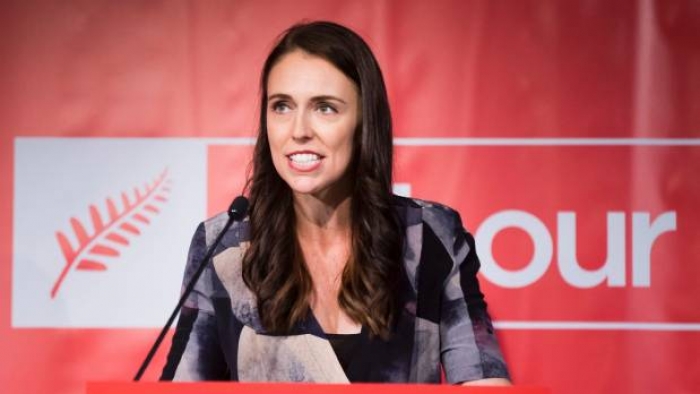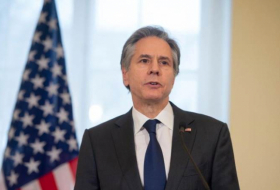A change in the Labour Party leadership last month turned what had been expected to be a dull campaign into a nail-biting event, with 37-year old Jacinda Ardern vying to become the third woman prime minister and the youngest of recent times.
“It’s tight,” Ardern, whose popularity prompted media to coin the term “Jacindamania”, said on Friday. “It shows that every single vote will count and that turnout will determine this election.”Labour hopes to ride a worldwide wave of change that most recently propelled France’s Emmanuel Macron to become its youngest head of state since Napoleon.
English, a 55-year-old former finance minister who took over after John Key’s shock resignation last year, is making his second bid to be elected leader after a failed attempt in 2002.
Both leaders are expected to stay the course in terms of fiscal prudence, but will probably differ on monetary policy, trade and immigration, spelling ramifications for the New Zealand dollar, the world’s 11th most traded currency in 2016.
Ardern wants to add employment to the central bank’s inflation-targeting mandate, which could mean more stimulatory monetary policy. She also wants to cut migration and renegotiate certain trade deals, which some worry could hurt two key sources of growth for New Zealand’s small, outward-looking economy.
Election uncertainty could have temporarily weighed on the economy, by making firms more cautious over investments and hiring, said Philip Borkin, a senior economist at ANZ.
A tight outcome could weigh on the currency as could one foreshadowing a change in government, he added.
“If it comes in and shows there is a decent chance of a change in government, I think that could be a factor weighing on the currency, just from an unknown point of view.”
More about: #NewZealand
















































